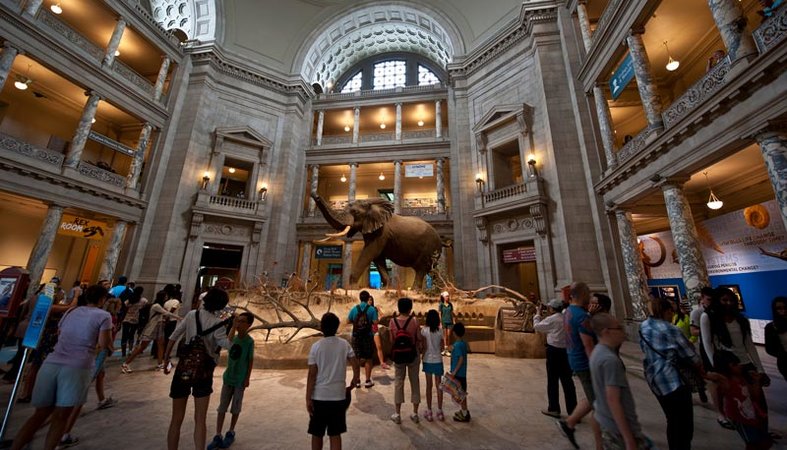
People sometimes disagree on the purpose of museums. My personal opinion is that museums should, and can, provide a worthwhile educational environment for visitors as well as being attractive and entertaining for young people-indeed for people of all ages.
People who view museums as a place to educate are not wrong to focus on this aspect of museum’s work. Museums provide exhibits so that people, whether casual visitors or highly educated specialists and scholars, can find out information and learn from it. Museums also employ knowledgeable people in the fields of history, geography, art, science and many other fields. This knowledge resource is, again, useful to all people who use the museum.
People who believe that should be places that attract and entertain also have a I good point. If museums fail in this aspect, ordinary people may well question whether museums are worth having and museums might find it difficult to get funding, whether from the government or from other source, as a result. It is also important to remember that young I people nowadays have many things competing for their attention. If museums are to compete S with the likes of computer games and comics, they have to offer exhibits that are entertaining and attractive.
My own experience is that many museums are achieving this aim very well. Nowadays, ac-I claimed museums offer visitors the chance to get “hands on” with reproductions of exhibits, j in much the same way that zoos allow visitors to hold less dangerous animals. This allows museums to fulfill their traditional role of proving an educational environment whilst also attracting people, particularly young people, who might otherwise not go to them.